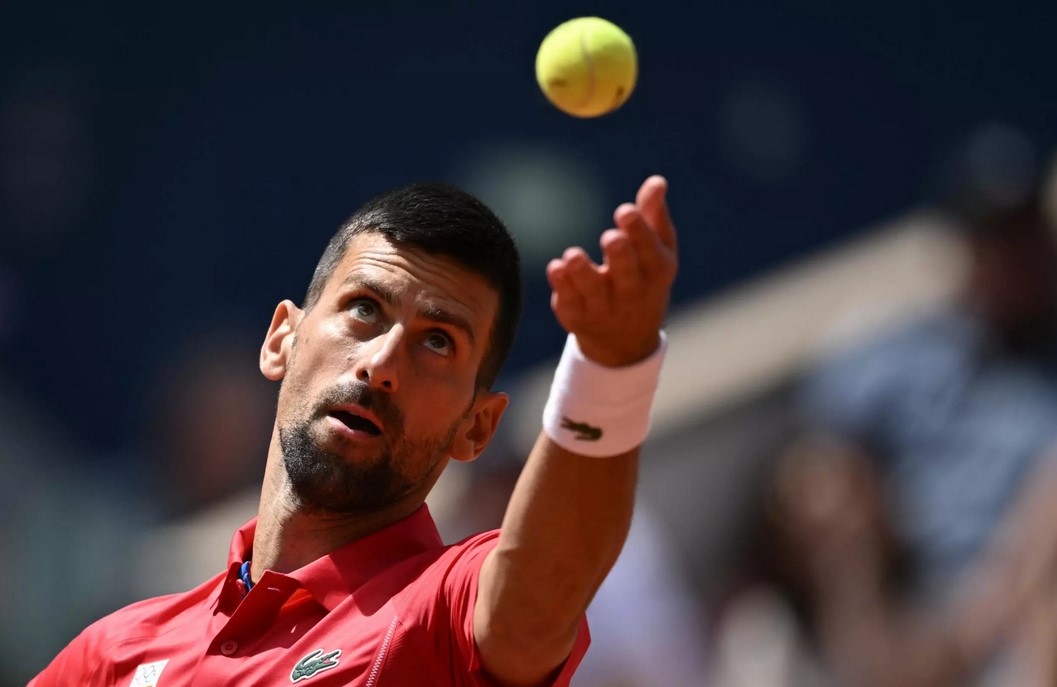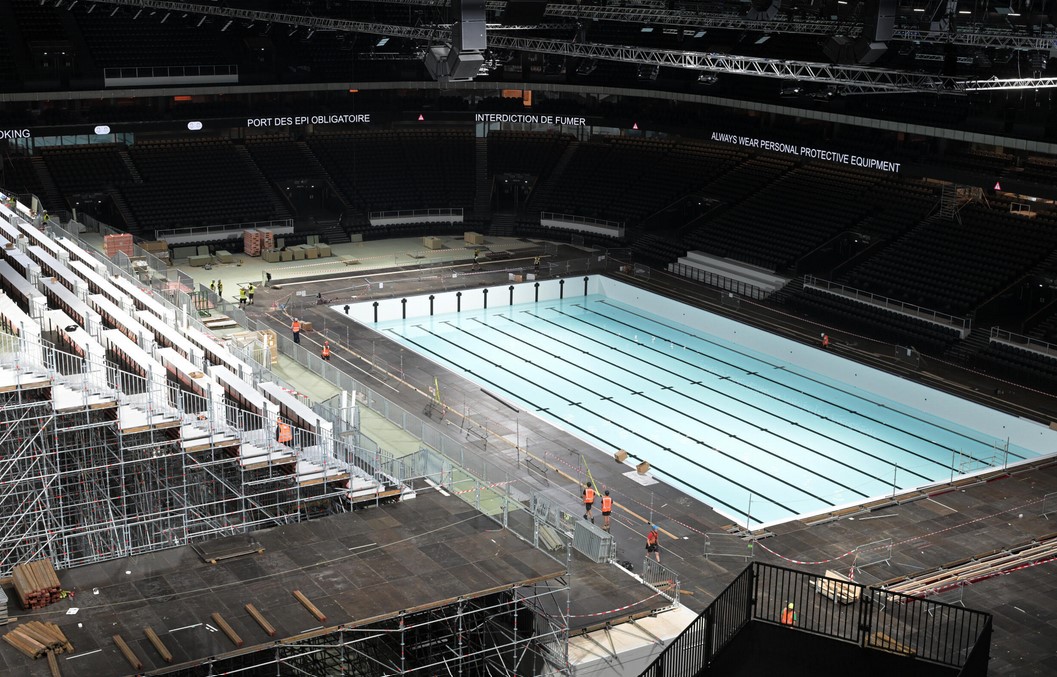Over the years, the Olympics have gained a reputation for monumental waste, with entire stadiums left to decay once the two-week sporting event concludes. However, Paris 2024 took a different approach, focusing on sustainability and reducing waste.
Paris aimed to do things differently by utilizing temporary venues to minimize construction and encouraging suppliers to consider the “second life” of their equipment. This innovative mindset extended to even the most minor details, such as tennis balls and sand for beach volleyball.
Georgina Grenon, the Paris 2024 sustainability director, shared their unique strategy in an interview with AFP. She explained that before ordering anything, they contemplated the post-Games purpose of each item. This approach is a first for a major global sports event, and even consultants hired by the team couldn’t find a similar precedent.
The Paris Olympics involved 32 sports and approximately 10 million spectators. Grenon’s team created an inventory of everything needed for the event, amounting to about six million objects. This comprehensive list ensured that nothing was overlooked in their quest for sustainability.
|
|
| Tennis balls to be donated to sports clubs. Source: AFP |
Community Impact
Paris 2024 included a unique clause in their procurement process, requesting suppliers to propose a second life for their products. This encouraged suppliers to think beyond the immediate use of their offerings.
Many Olympic facilities and equipment will be reused for the Paralympics, and afterward, they will find new homes. For example, the extra-fine sand from the beach volleyball court near the Eiffel Tower will be donated to a local sports club, and the Paris 2024 logos will be removed from podiums so they can be used elsewhere.
Office furniture leased from Lyreco will be returned and used to launch a second-hand furniture business, and the recycled plastic mattresses from the Olympic Village will be given to the French army. Even the tennis balls from Roland-Garros, hit by the likes of gold medalist Novak Djokovic, will find a new purpose at French sports clubs, along with javelins and shot puts.
|
|
| The temporary swimming pool will be relocated. Source: AFP |
Sustainability and Criticism
Grenon stated that they have confirmed second-life plans for 90% of their six million items, with the remaining deals in the works. Their plans also include souvenir opportunities for fans, such as purchasing flags used during medal presentations or torches from the relay.
Environmental groups argue that the Olympics are inherently unsustainable due to construction and air travel. However, Grenon believes Paris 2024 has set a new standard, with academics from Harvard’s MIT and INSEAD studying their approach. She affirmed their intention to turn the Games into a laboratory for sustainability and a catalyst for change.
Locations Leading the Way in Eco-Friendly Tourism in Vietnam
Pollution and waste is a worldwide issue — 91% of the global population is exposed to unhealthy levels. In Vietnam, a country that relies heavily on agriculture and farming, it is extremely important to look after the land and the air we breathe. The responsibility is on local businesses as well as individuals to make sure that they are doing their utmost to look after the planet.
Vietnam Sustainable Rural Charmings through a Britain young beautiful jounarlist’s eyes
Vietnam is a vast and varied country, and each destination has its own unique atmosphere to enjoy. Here are some insider tips on the best places to visit and how you can ensure you’re travelling in the most sustainable manner possible. Happy travels, eco-tourists, written by
Kim Gregory on theculturetrip.











